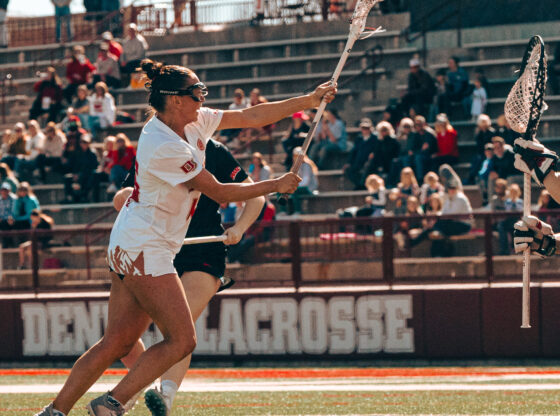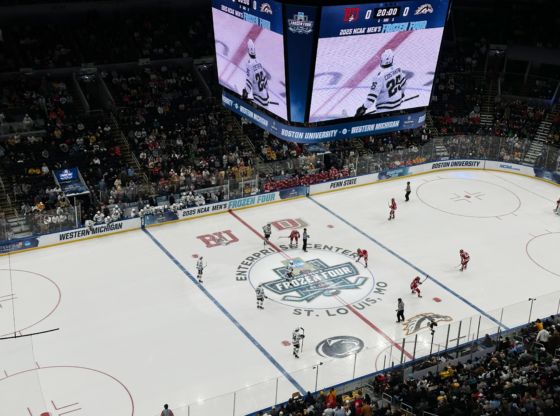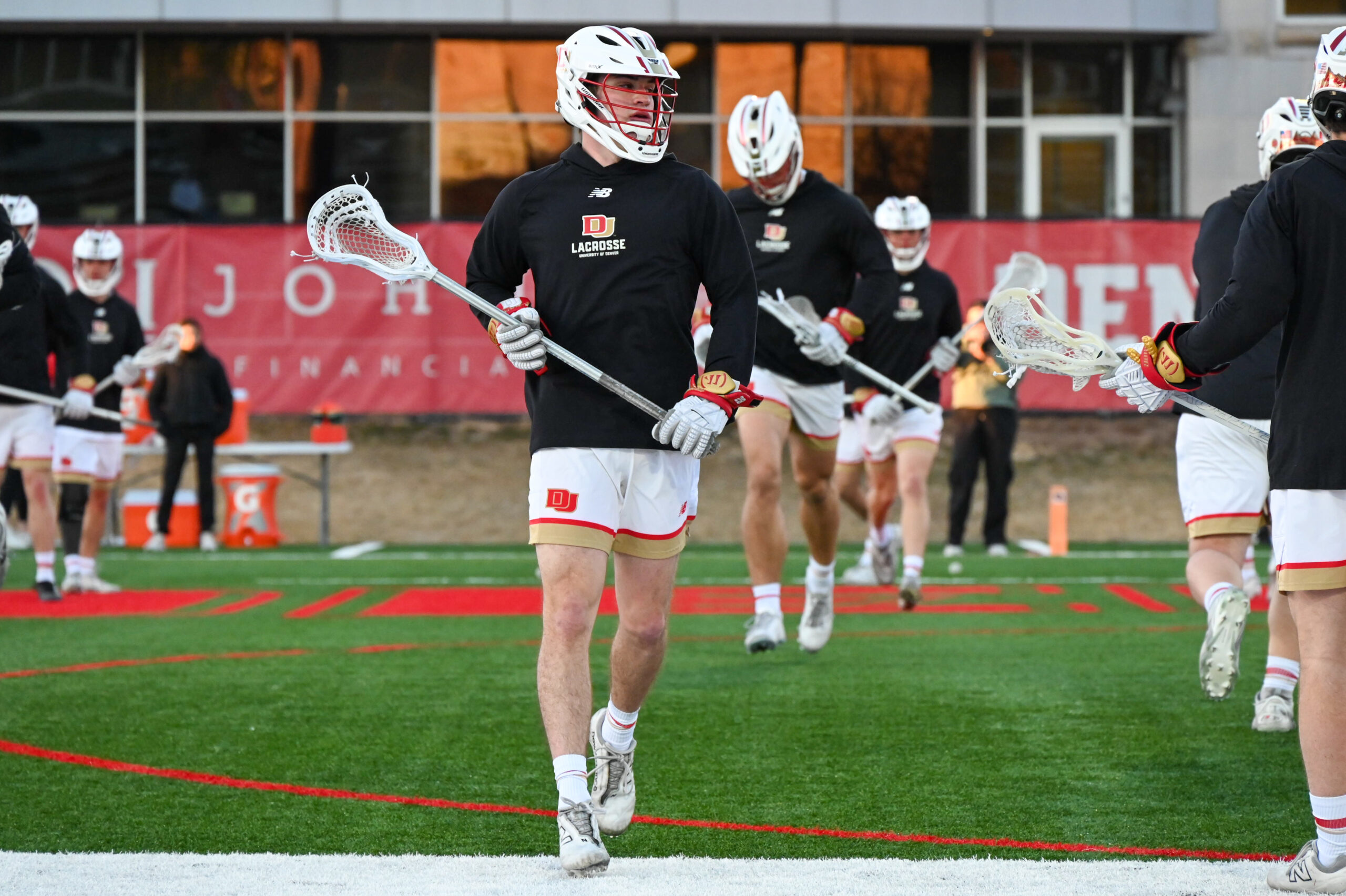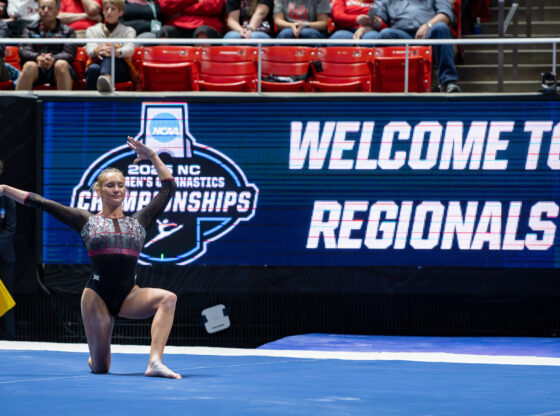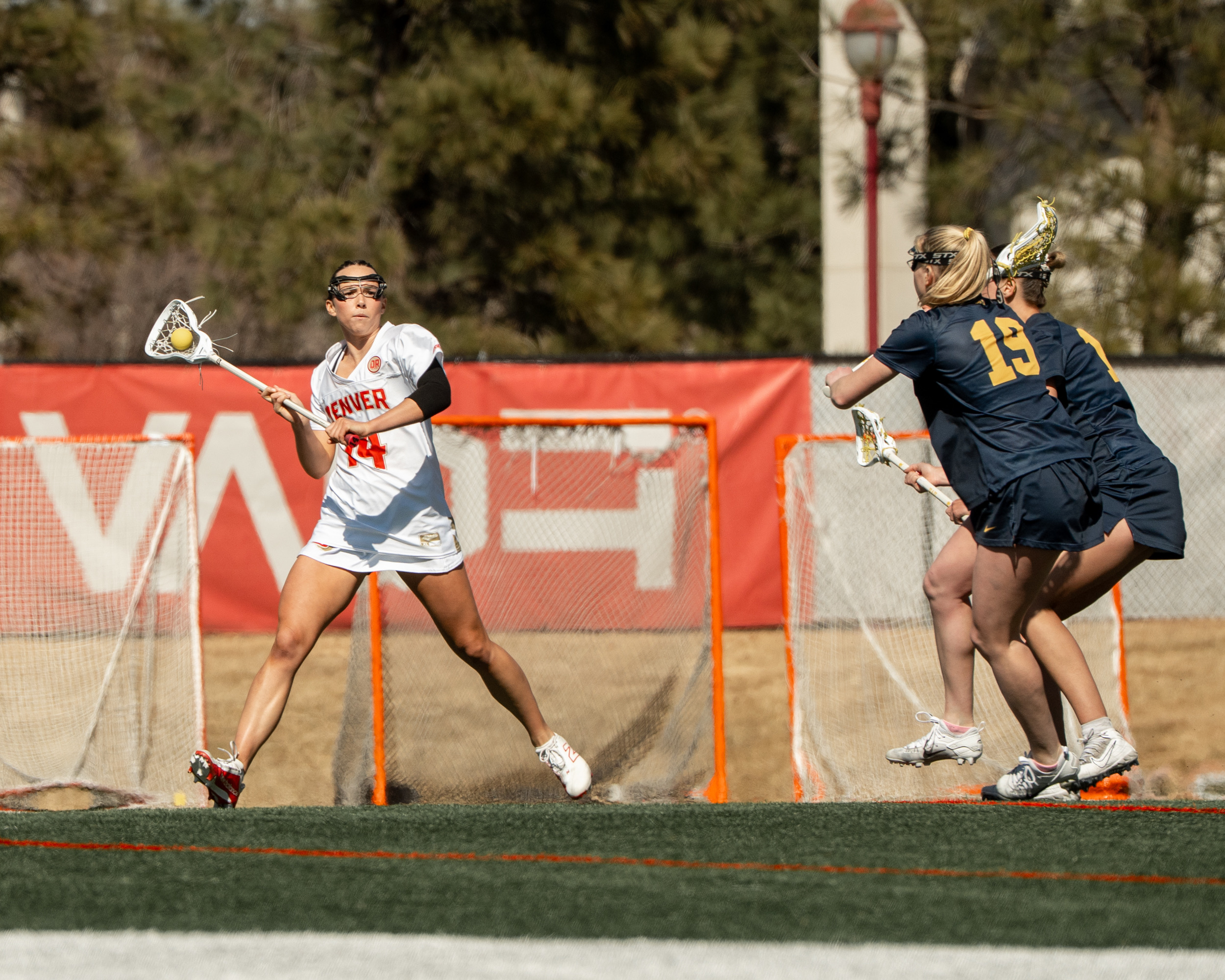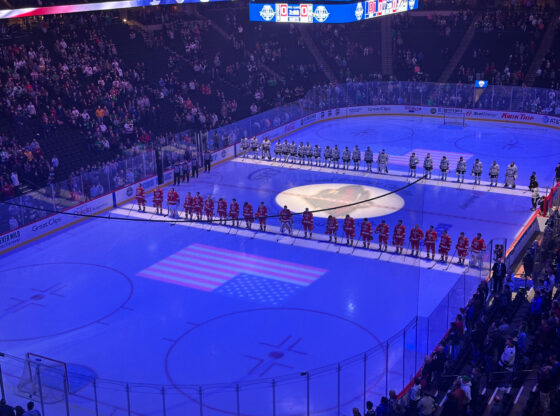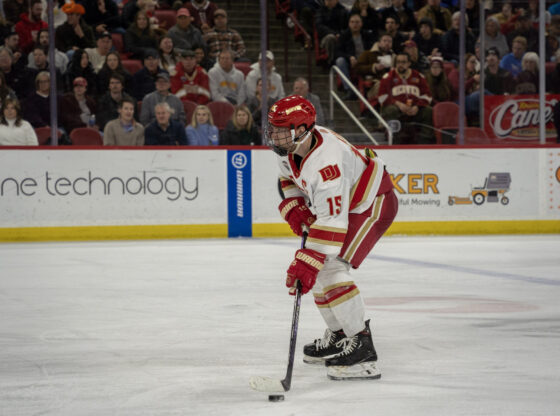 Photo by:
Photo by:
DU men’s basketball has scheduled tougher opponents in their nonconference games, according to head coach Joe Scott, in a response to last week’s criticism by Sun Belt Conference officials that teams in the league are not seeking strong opponents in out-of-conference play.
Scott points to the upcoming 2010-2011-basketball schedule, which features games against opponents from the Pac 10, Big 12, and Mountain West Conference, as an example of how the school plans to meet conference requirements.
“We are going to schedule like this from here on out,” said Scott.
The issue stems from an announcement that SBC commissioner Wright Waters made last week, which demanded that all 13 teams in the conference need to play tougher opponents during their out-of-conference schedule.
The drastic scheduling maneuver dictates an institution needs to ensure that its men’s basketball program is ranked in the top 150 in the ratings percentage index, RPI, which may or may not be a practical solution according to several of the league’s head coaches.
“The RPI sometimes serves a purpose, but it has its flaws,” said DU head coach Joe Scott. “One thing I see is that at the end of each year there is always a change in the definition of what is a good game and what is not, which means a team’s RPI at the beginning of the year doesn’t matter.”
The RPI consists of three components—a team’s winning percentage, their opponents’ winning percentage, and their opponents’ opponent winning percentage.
The result of the calculation can prove to be inconsistent.
Other coaches in the Sun Belt Conference point out that the new dictum will jeopardize the league’s bottom teams by forcing them to schedule road games against higher-ranked opponents, costing them several wins in their out-of-conference schedule.
“There are some disagreements about what a 150 RPI scheduling can do, it’s been tried in some other leagues and other leagues dropped it,” said Arkansas State head coach John Brady last Tuesday during the Sun Belt Conference video press conference. “I don’t think it helps the bottom teams in our league.”
The SBC tried implementing the rule from 2003 to 2005, but it failed and was revoked.
According to the mandate, a school must complete the requirement in one of two ways. The program needs to either average a three-year RPI of its nonconference opponents that is equal to 150 or lower, or the team needs to finish with an institutional RPI of 150 or better at the end of the season.
The Pioneers have risen in the RPI over the last four years, rising from 325 in 2006-2007 to being ranked 163 at the end of the 2009-2010 season.
While Scott believes the team can meet the conference requirements by winning enough games to be in the RPI top 150, he has still set a schedule that will help their ranking.
“If you win, then it matters whether the teams you play have a good season, but you can’t control what other teams do,” said Scott. “The one factor that matters is winning and that is the only factor we want to concern ourselves with.”


